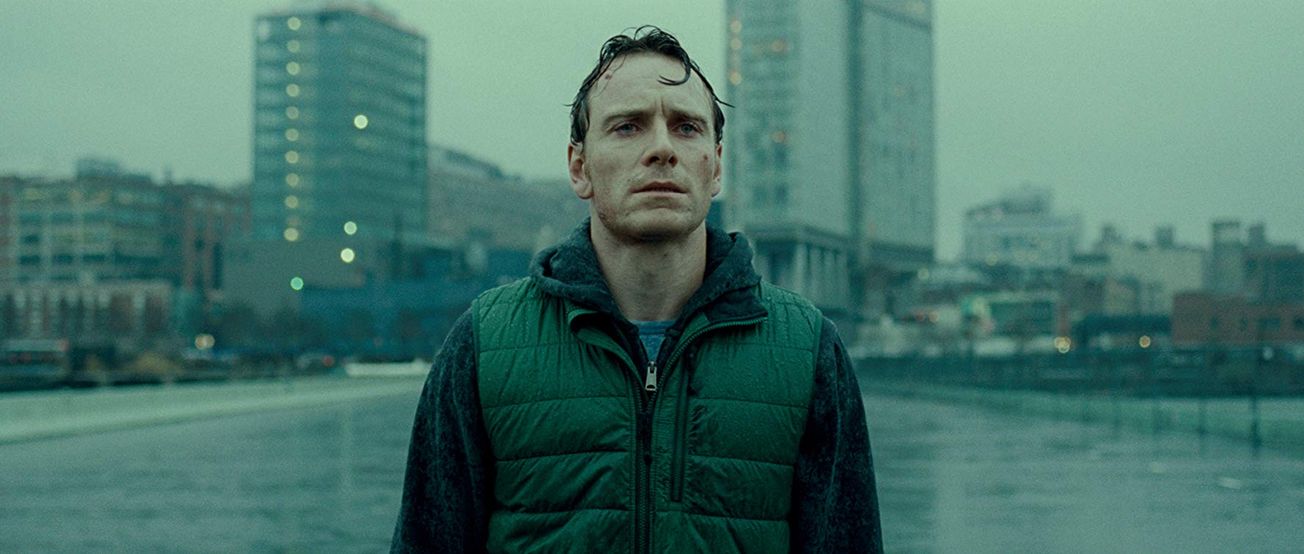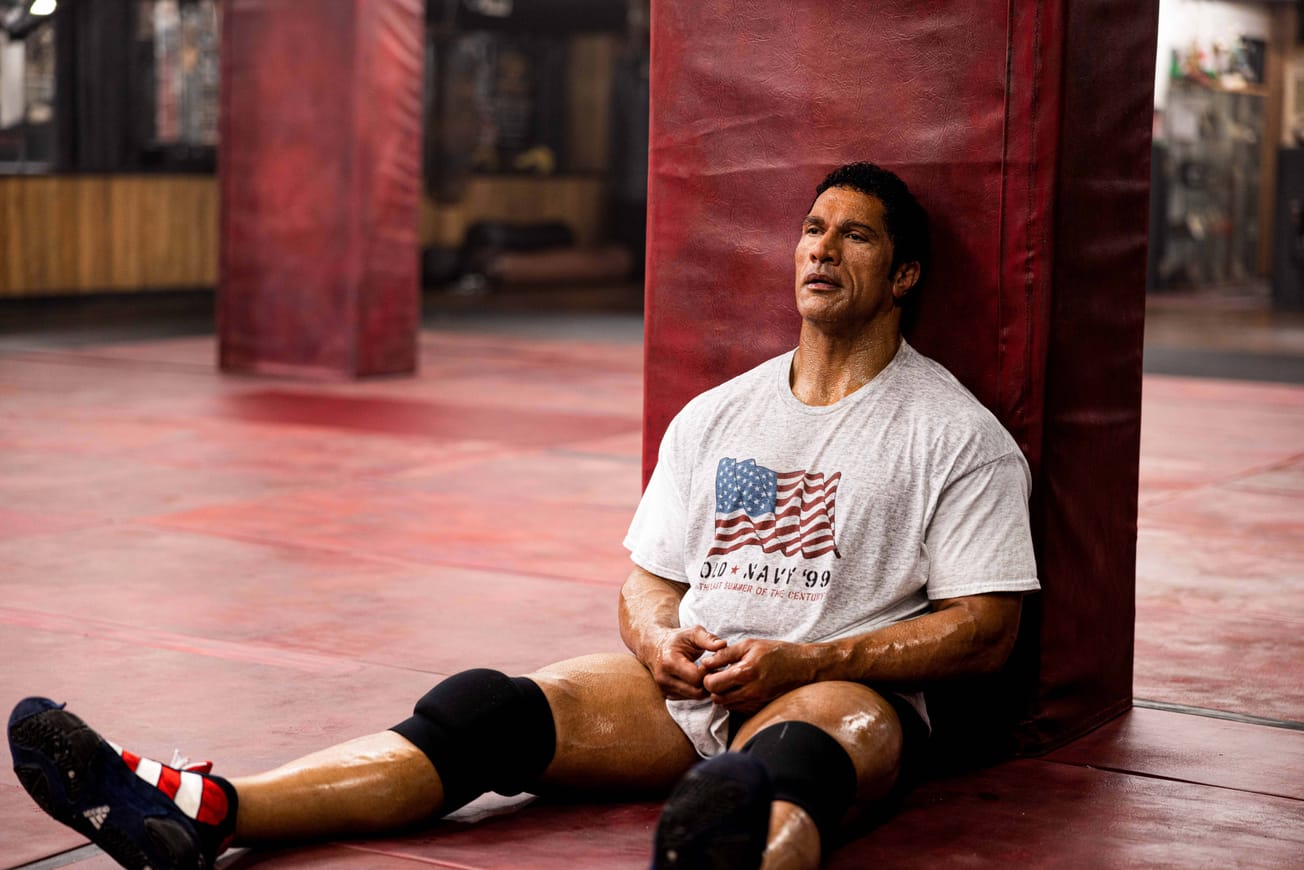In the first part of our 'Mental Health in Film & TV' series, we focus on five examples which have raised awareness and knowledge for stigmatised conditions.
Crazy Ex-Girlfriend (2015-)
Created by Rachel Bloom and Aline Brosh McKenna
By James Saunders, Third Year, Film & TV
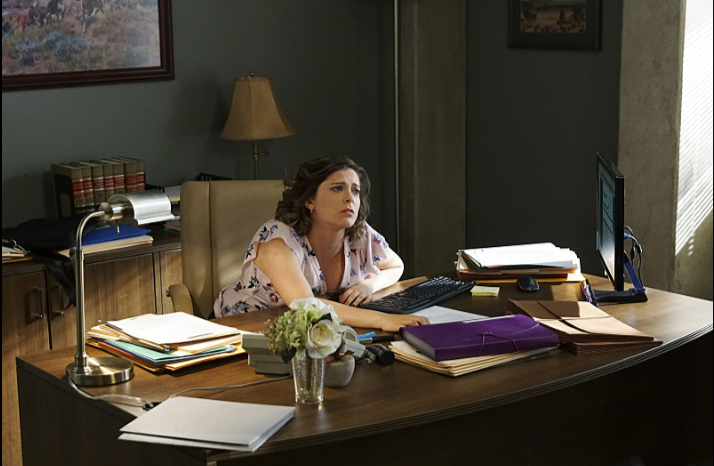
IMDb / Crazy Ex-Girlfriend / The CW
Crazy Ex-Girlfriend is one of those hidden gems in television that irritatingly deserves more praise and recognition than it receives. Currently on its fourth and final season, the musical-comedy has traversed countless social themes, including homosexual relationships, age gap relationships and adultery.
The pillar of all this, however, is the main character’s journey with borderline personality disorder. Rebecca Bunch, the character in question, is not actually diagnosed until the third season of the show, which is where BPD is really explained in depth. I was personally uneducated on it before watching Crazy Ex and now feel I have a grasp on what it is and how to act around somebody who lives with it. The musical numbers weaved throughout serve as a self aware look into the characters’ thoughts equally as much as they respectfully provide humour whilst dealing with the heavy symptoms that can come with BPD, like fear of abandonment and impulsive behaviour.
If you want to educate yourself more on BPD, Crazy Ex-Girlfriend will teach you and entertain you all at once.
Little Miss Sunshine (2006)
Directed by Valerie Faris & Jonathan Dayton
By Sophy Leys Johnston, Third Year, English Literature
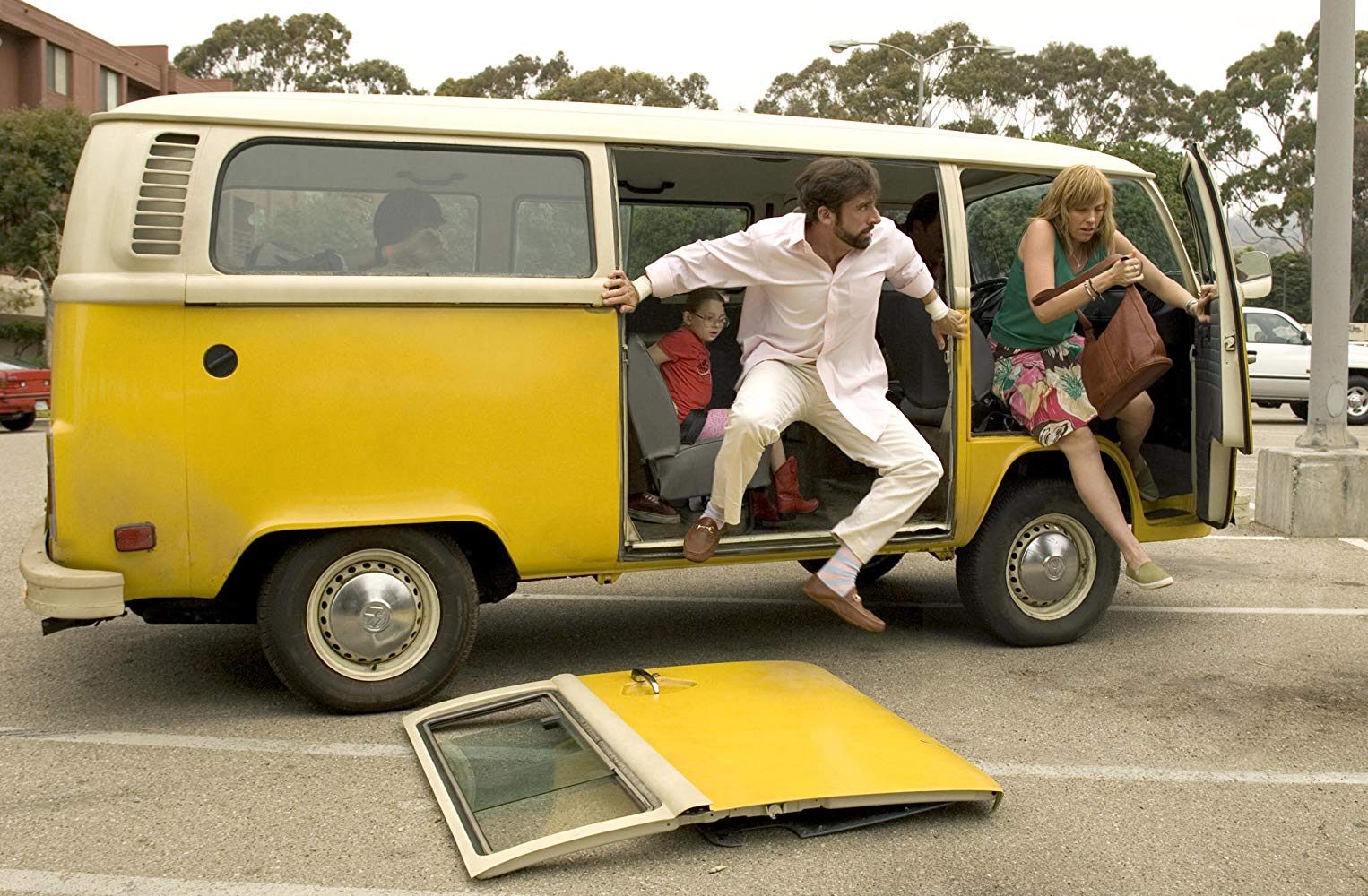
IMDb / Little Miss Sunshine / 20th Century Fox
Dysfunctionality is at the heart of Little Miss Sunshine. After a recent suicide attempt and without the insurance to cover any further health care costs, Frank (Steve Carell) is reluctantly thrust into the midst of his sister’s chaotic family. Any acknowledgement of his mental illness remains unaddressed until Olive (Abigail Breslin), the innocently oblivious eight year old, whose unapologetic curiosity brings the topic to the forefront of dinner table conversation. Olive remains unfazed, but it is Richard (Greg Kinnear) whose categorisation of Frank as a ‘loser’, as opposed to a ‘winner’, because he has ‘given up on life’, that is highlighted as damaging, almost to point of absurdity. And it is this scene that resonates throughout the film.
Also touching upon topics of body positivity, toxic masculinity and drug addiction, alongside depression and the damage of a capitalist based health care system, it is an impressive feat that Little Miss Sunshine is able to find such optimism and humour within such dysfunctionality.
Frank’s depression is not the focal point of the narrative nor at any point does the film attempt to ‘cure’ him. But we are ultimately presented with an unexpectedly positive outlook; in the face of depression family proves the ultimate support system - in whatever dysfunctional form this may appear.
Shame (2010)
Directed by Steve McQueen
By Laura Turner, Second Year, History

IMDb/ Shame / Film4
Shame forces an audience to face the realities of addiction. In this case, the central character, Brandon, (Michael Fassbender), is pathologically addicted to sex. Shame is harrowing to watch, and one leaves the film feeling rather more distressed than when they arrived. This is, however, testament to the film’s success: sex-addiction is portrayed as very real and very serious, and Brandon’s evident distress forces you to grapple with the concept of dependence.
His addiction has such a strong-hold over him that he feels intimacy with no-one, seeking sexual gratification as remedy, but remaining emotionally unfulfilled throughout. The unsettlingly graphic depictions of Brandon’s sex-life are entirely unsexy, as Shame makes you question Hollywood’s too-often glamourised portrayal of addiction, and too-often romanticized depiction of sex. Brandon’s fraught relationship with his sister, ‘Sissy’, (Carey Mulligan), herself suffering from what is likely a personality disorder, reveals how the isolating consequences of his addiction translate into his every day.
Shame thus bares the extent to which addiction can take over one’s existence completely. The film represents sex-addiction as a mental health issue which has frequently not been taken seriously, and in doing so, is one of few feature films to portray addiction as it really is.
Flowers (2016-18)
Created by Will Sharpe
By Milo Clenshaw, Second Year, English & Film

Channel 4 / Flowers
After a successful first season in 2016, Flowers returned to Channel 4 this June. A dark comedy about mental health, it is both a heartfelt and - at times - painfully funny take on rural family life, with stars Olivia Coleman and Julian Barratt taking the lead. A shockingly low key opening of a botched hanging sets the scene; and Mr Flowers (Barratt) trudges back home through the mud to his below-average life.
Flowers is one of my personal favourites; just the right mix of humour, weirdly wonderful characters and an authentically sensitive approach to mental illness. What sets it apart, too, is its exploration into the many ways mental illness can express itself; apathy, anger, obsession and substance misuse all show their face. Flowers makes you question what might really be meant by ‘I’m fine’, and to me that can only be a positive step towards a more frank discussion of mental health in the media.
My Mad Fat Diary (2013-15)
Created by Tom Bidwell & George Kay
By Ellie Fernyhough, Second Year, Psychology
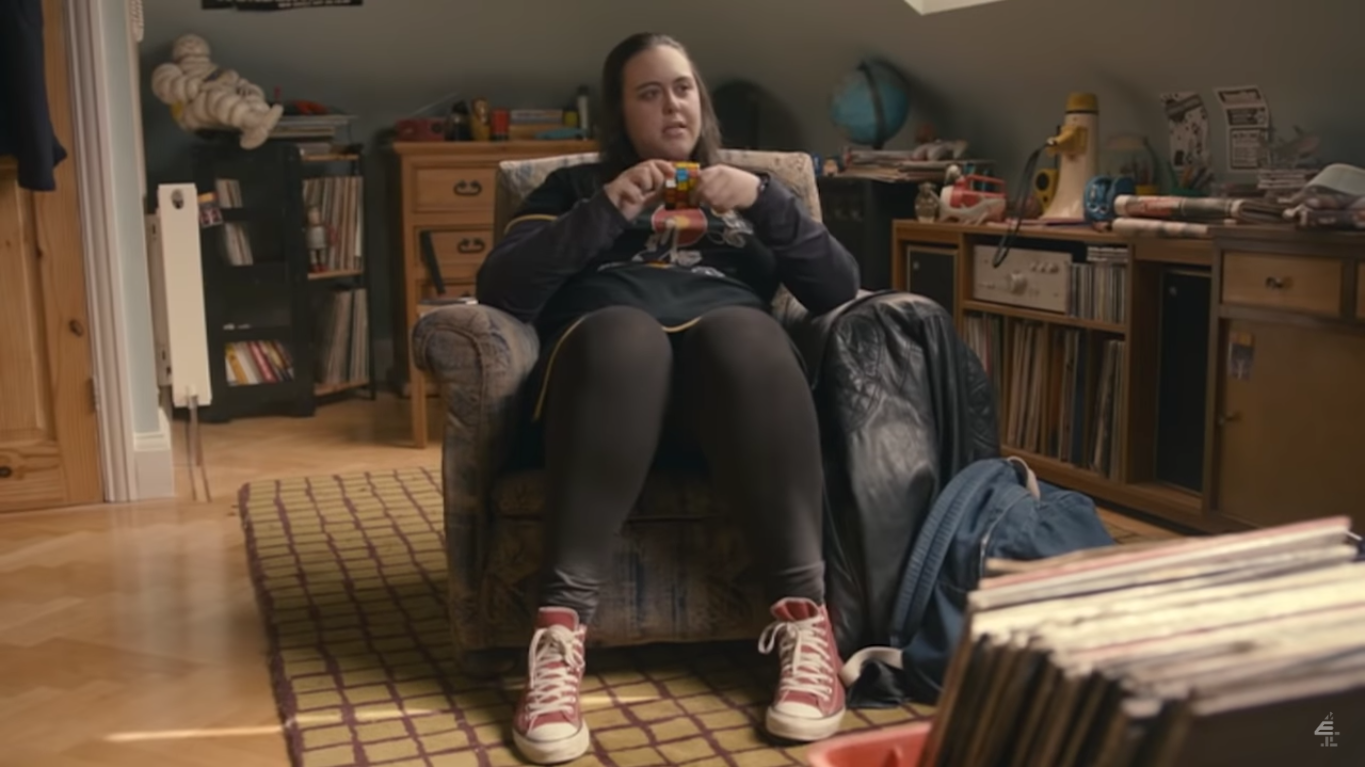
YouTube / E4
Unashamedly frank from the opening scene, showing protagonist Rae Earl (Sharon Rooney) preparing to leave a psychiatric ward, My Mad Fat Diary shines a light on an illness consistently kept in the shadows. Binge eating disorder fills the sufferer with shame, the result society still failing to relinquish body-shaming and stop equating thinness to goodness. Yet in this dramatisation of a teenager’s diaries, there is no shying away from the reality of living with the illness, the stigma and self-loathing which shadow Rae through her coming-of-age years. Not that the discussion of mental illness in the show alienates any mentally well viewers - Rae struggles with boys, self-confidence, A levels and friends.
Her life is normal- weekly visits to her unorthodox therapist Kester (Ian Hart) fit into the routine of school and pub trips. This is the show’s greatest credit; depicting the problems mental health presents to young people, but also problems unavoidable in growing up. It is a comfort for those who feel alone in their pain, and demystifying for people confused by the hidden torment of mental illness. Though tough to watch on occasion, the empathy Rae learns to show to her own body is a lesson sorely lacking in much of our cultural zeitgeist.
Featured Image Credit: IMDb/ Shame / Film4
Has Film & TV ever enlightened you on your own or other people's mental health struggles?
Facebook // Epigram Film & TV // Twitter

